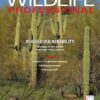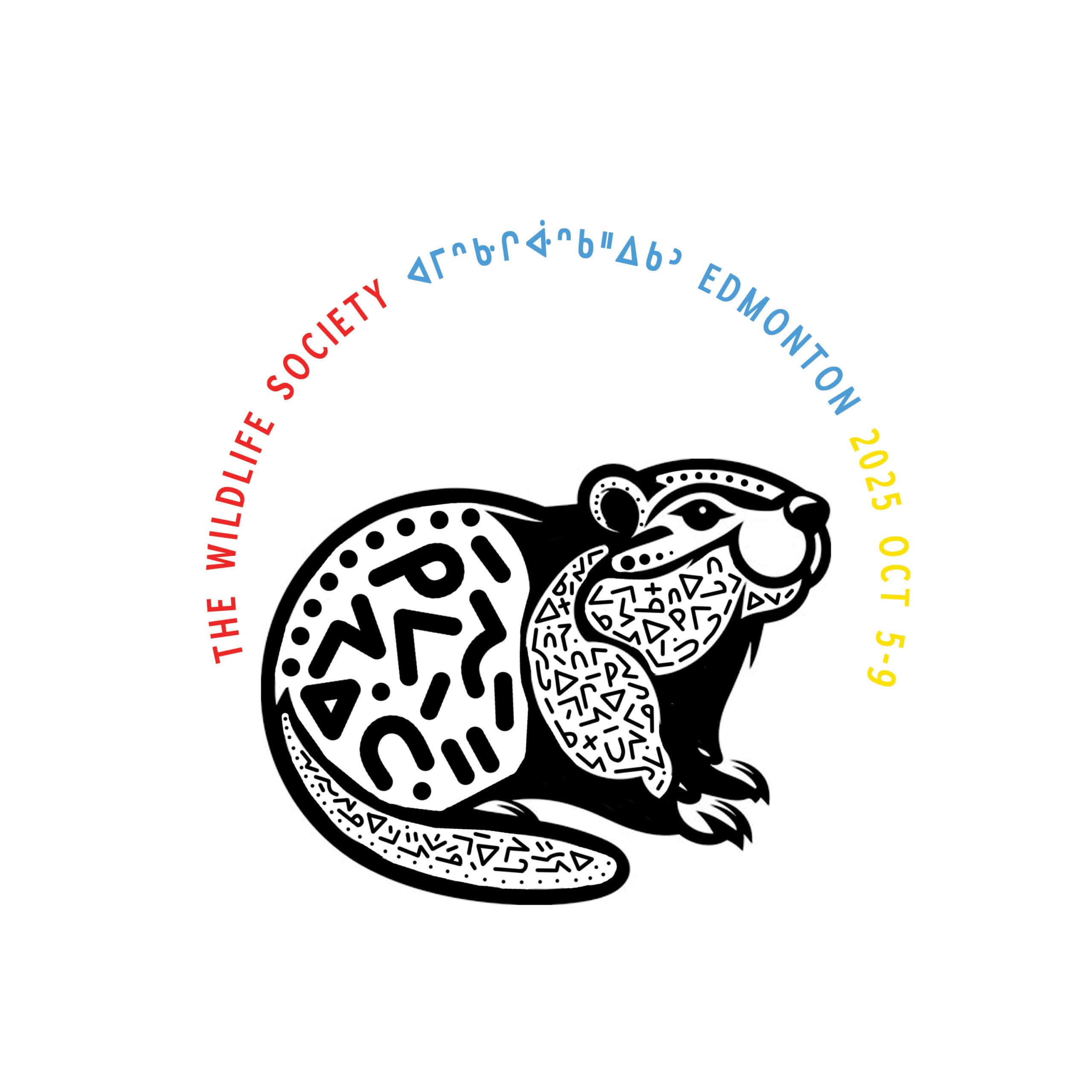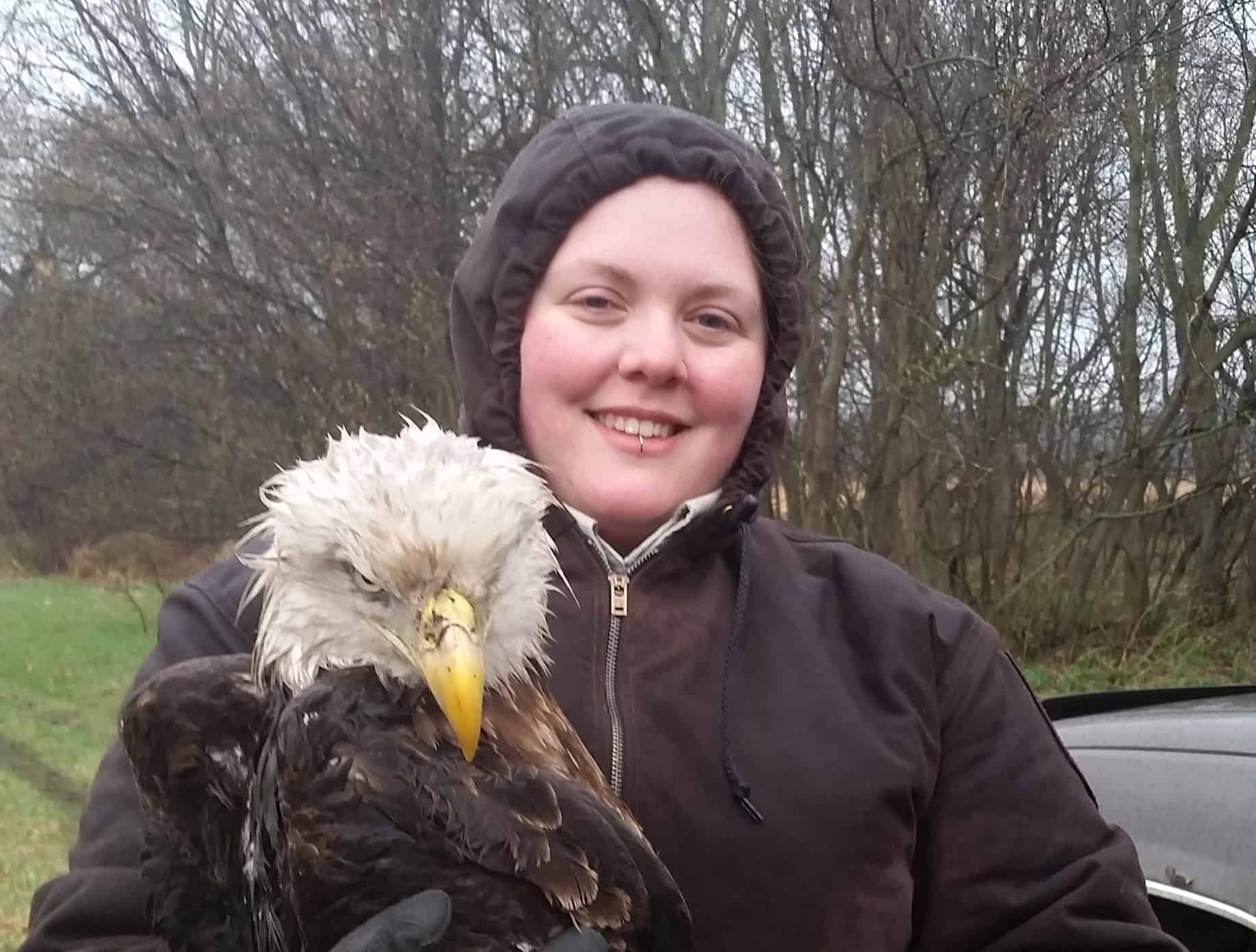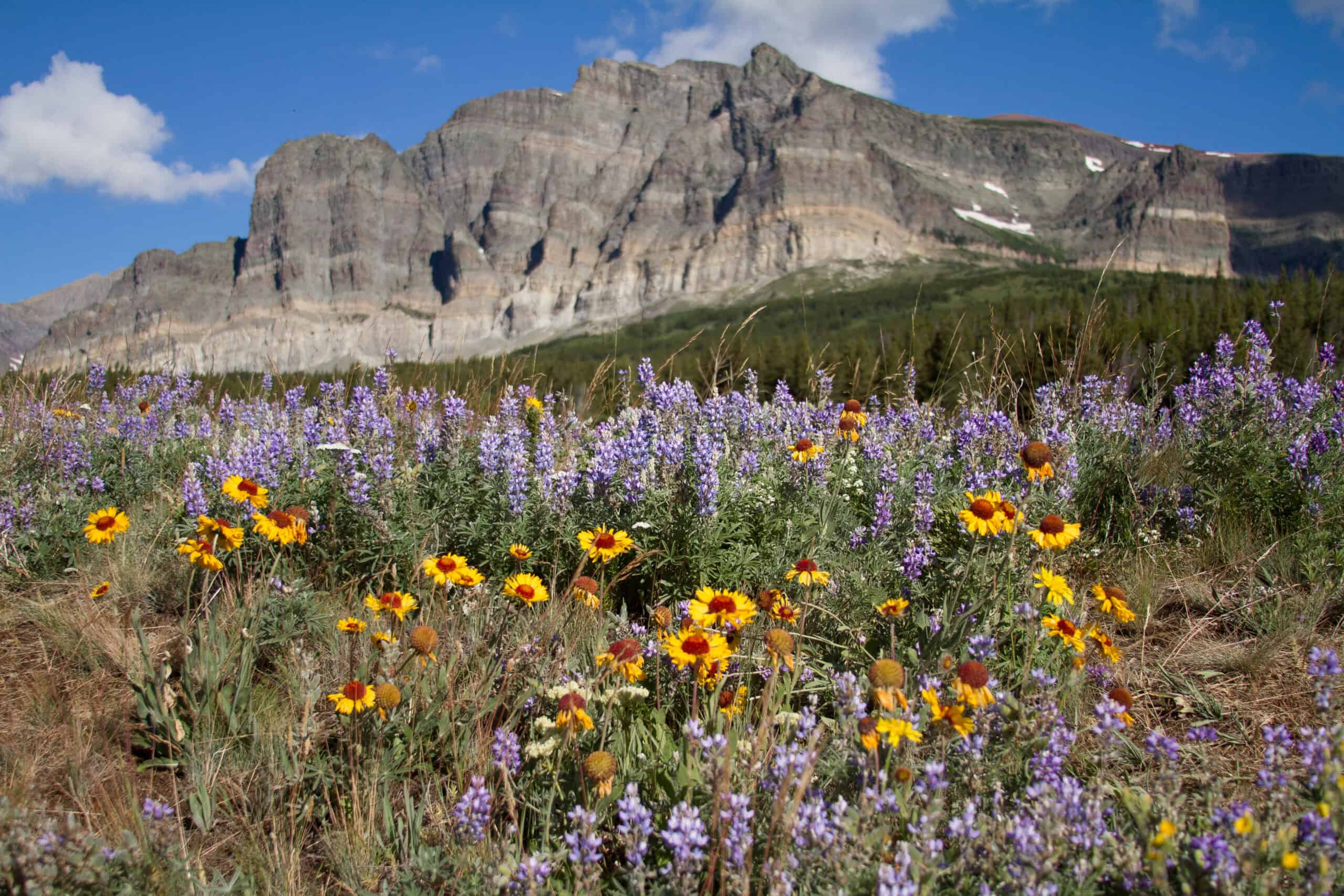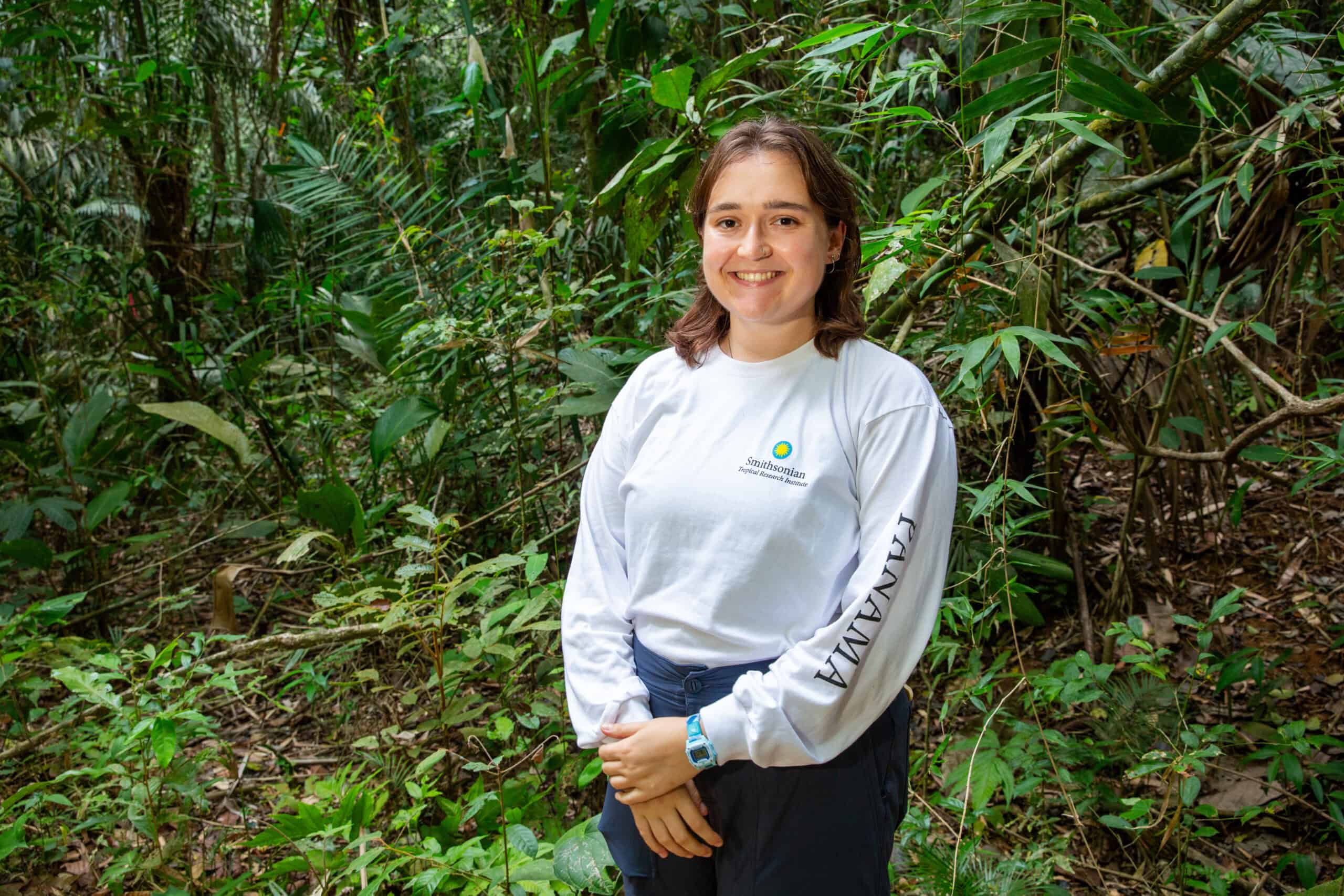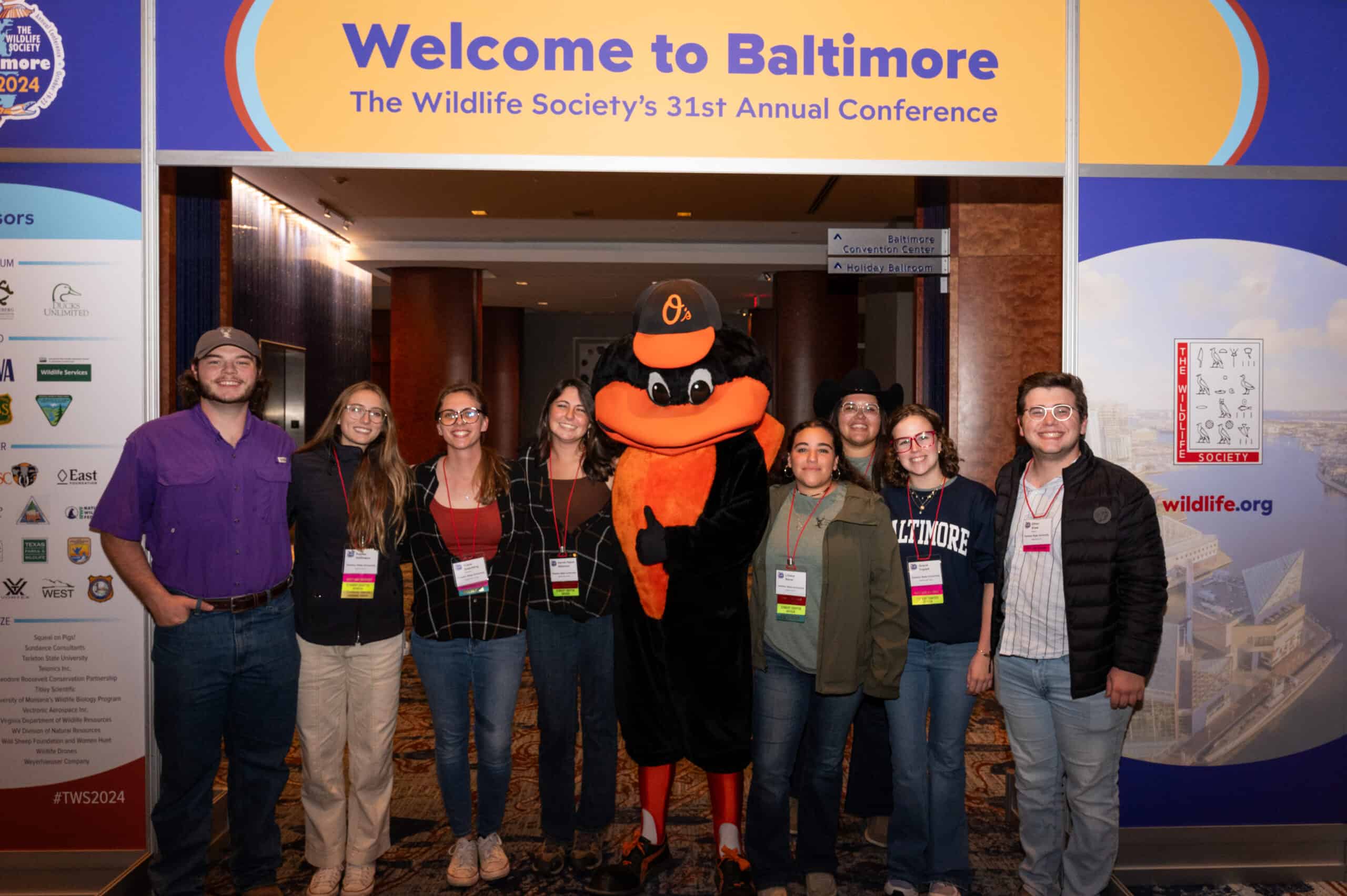Share this article
Wildlife Featured in this article
- Komodo dragon
- Okapi
Wildlife Vocalizations: Marsha Barnes
TWS member Barnes discusses how an early love for Komodo dragons inspired a career in wildlife biology
In fourth grade science class, I had to write a report on an animal. The homework was to pick a couple animals you are interested in, and then the next day, students would all sign up for their specific animals.
That evening, while doing my homework, my mother gave me an illustrated encyclopedia of animals she had gotten for my brother when he was younger. As I was flipping through, I came across a photo of a Komodo dragon (Varanus komodoensis) and accidentally fell in love. They were so fascinating!
I continued flipping through the book, and another animal caught my attention. It was a larger photo than most of the others, and it was of an animal that I had never heard of. The okapi (Okapia johnstoni), with its mismatched characteristics, was so interesting.
The next day, I returned to school bright-eyed and bushy-tailed, especially once we started science. I was so excited to select my animal, but when I eventually got the sign-up sheet in my hands, someone else had already signed up for Komodo dragons. I ended up doing my report on the okapi.
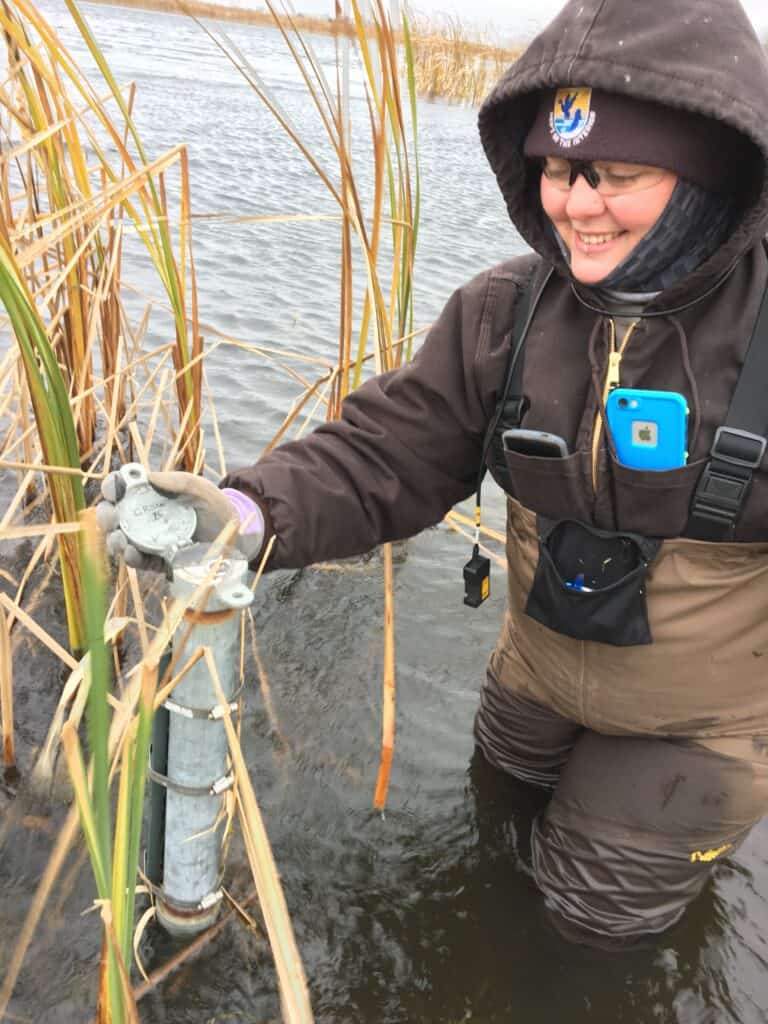
It was this moment in life that made me realize I wanted to be a wildlife biologist. In complete honesty, I actually decided that I wanted to be a field biologist studying Komodo dragons in the wild. Sadly, I have not made it to Indonesia yet, though I will someday.
My current position as wildlife biologist in the tallgrass prairie is still very satisfying. I spend my days counting ducks, frolicking in the flowers, and trudging through wetlands. I’m living the dream.
That day in fourth grade, I chose to reach for the moon. I may have missed the moon, but I landed beautifully in the stars. Becoming a wildlife biologist is one of the greatest things that has ever happened to me. Even after a hard day, when I am in pain, bleeding, exhausted, limping, covered in poison ivy or blowing things out of my nose that shouldn’t be there, I still drive home from work with a smile on my face and a song in my heart because I am a wildlife biologist!
Wildlife Vocalizations is a collection of short personal perspectives from people in the field of wildlife sciences.
Learn more about Wildlife Vocalizations, and read other contributions.
Submit your story for Wildlife Vocalizations or nominate your peers and colleagues to encourage them to share their story. For questions, please contact tws@wildlife.org.
Header Image: Marsha Barnes catches a bald eagle (Haliaeetus leucocephalus) with lead poisoning in Meeker County, Minnesota, so it could be taken in for rehabilitation. Credit: David Blatz

